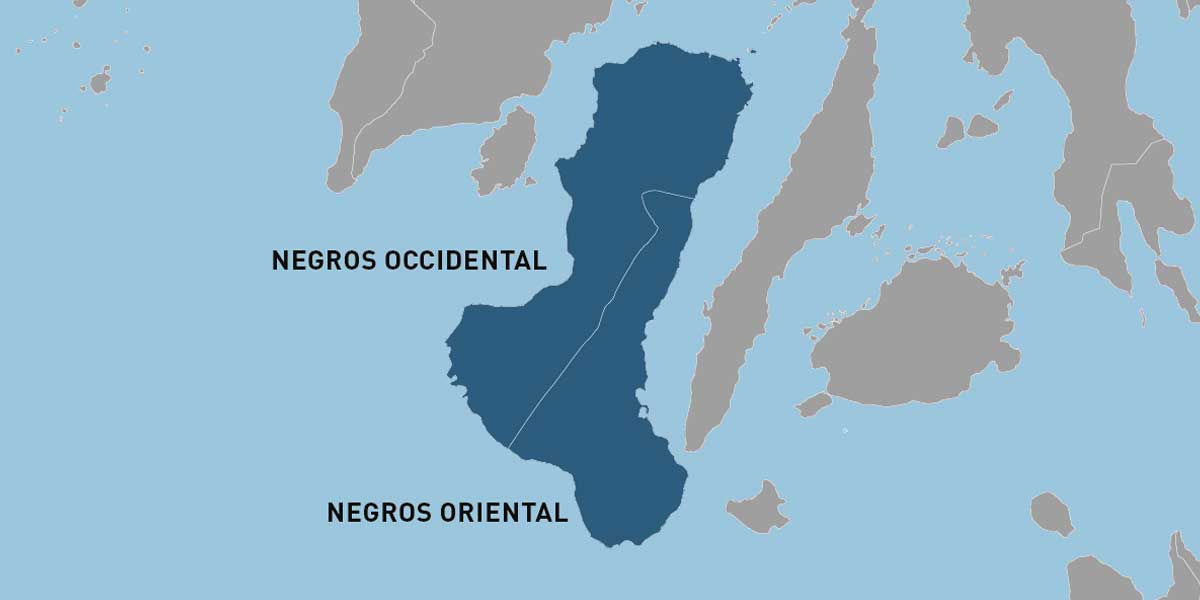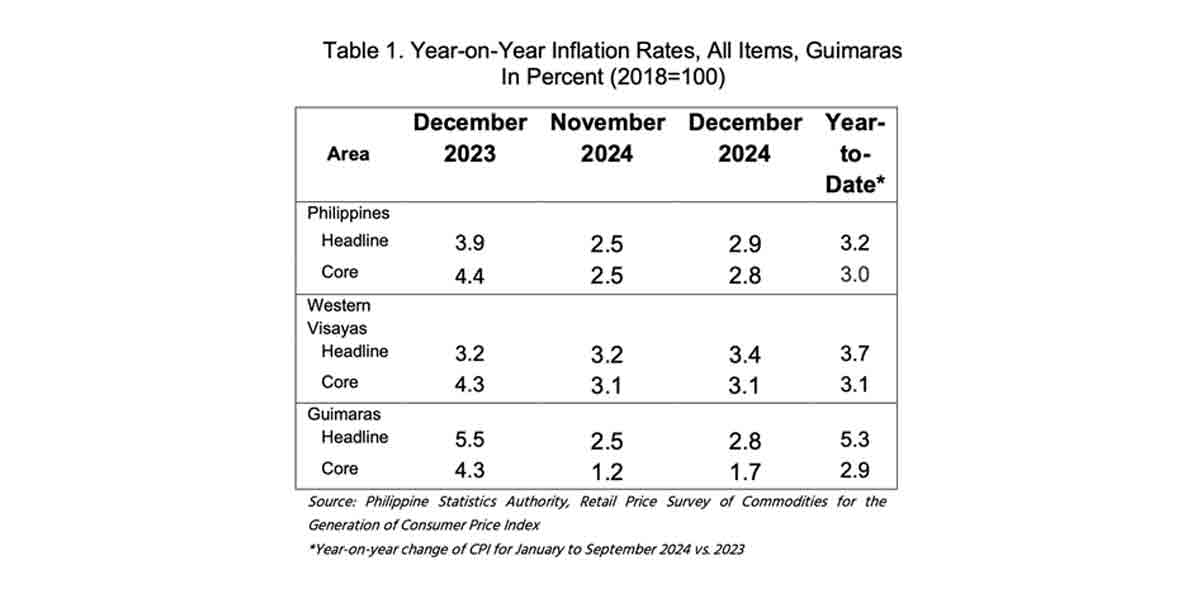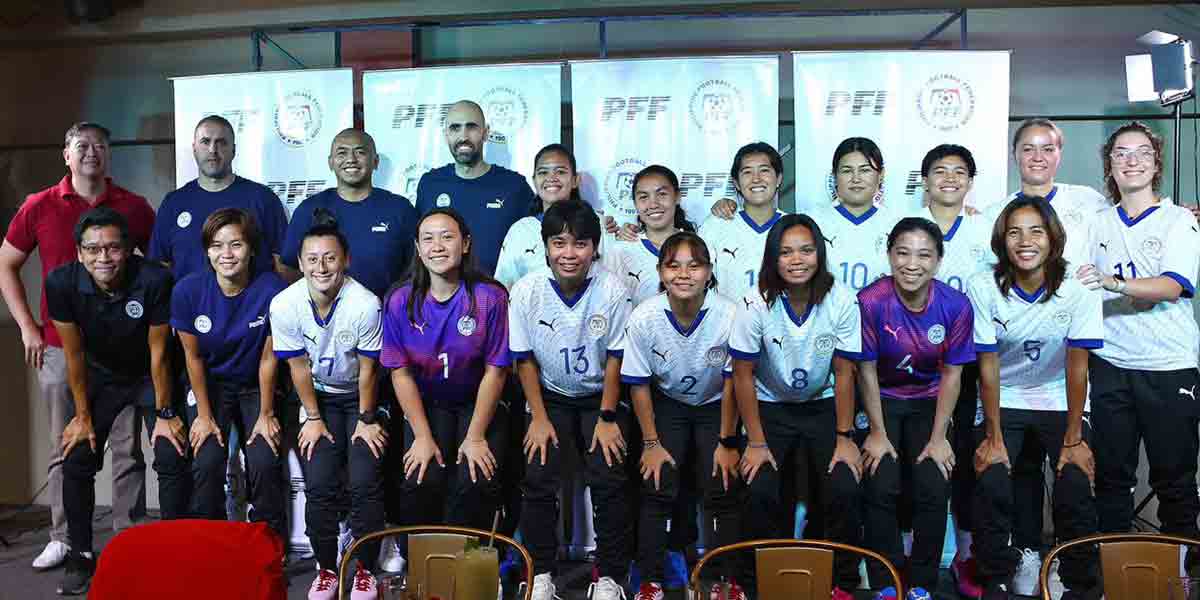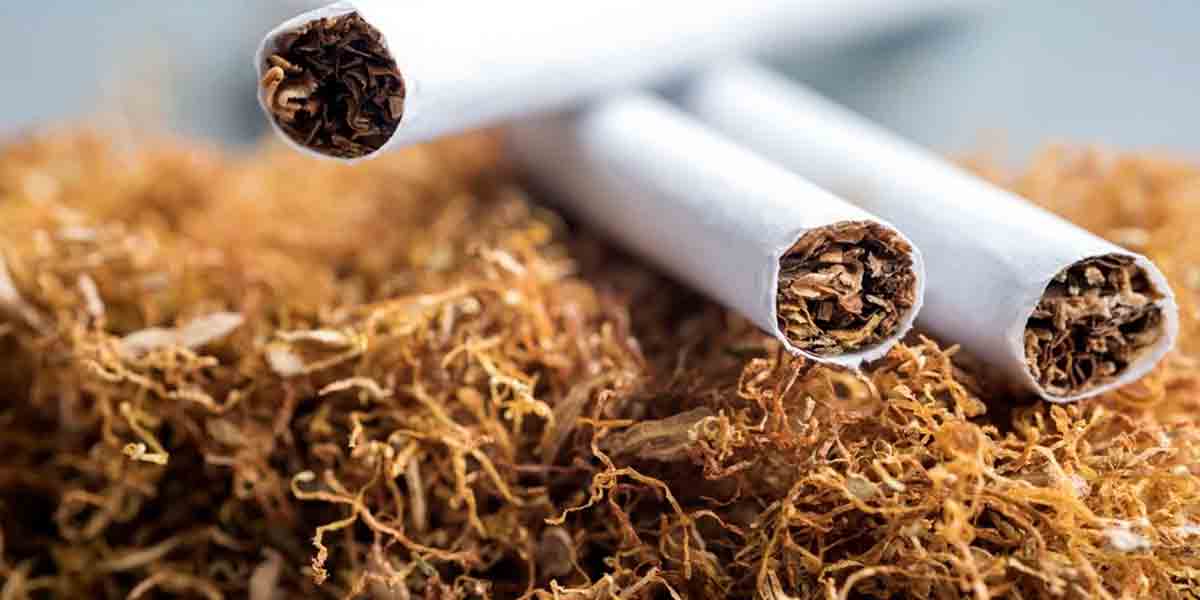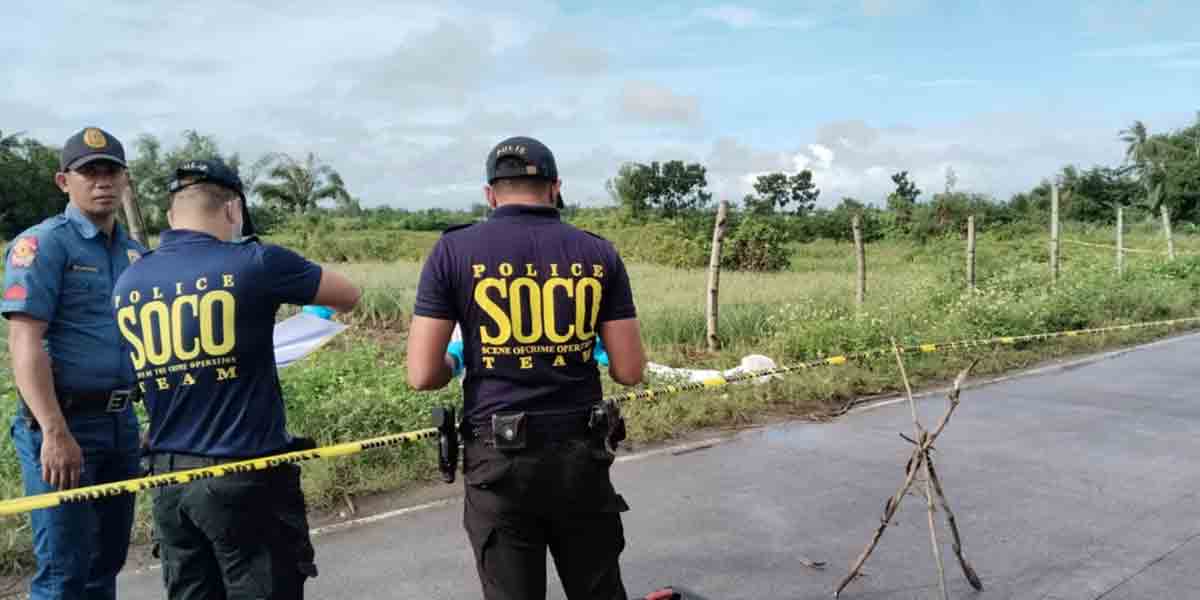 By Modesto P. Sa-onoy
By Modesto P. Sa-onoy
Unquestionably being in media is dangerous to the journalist’s health.
According to last Sunday’s report Senator Grace Poe said that “Filipinos should assert their rights, including their freedom of expression” in reaction to a survey released the day earlier claiming that more than half of Filipinos think it is dangerous to criticize the government.
A survey by the Social Weather Stations suggests most adult Filipinos agree that it is dangerous to print or broadcast anything critical of the Duterte administration, a finding that Sen. Grace Poe said was not surprising.
“Today, we have the power to vote for whoever we think is fit for office. We also have the power to impeach any official we think is abusing that power. These choices would not have been available to us without a democratic space,” she said.
“If we do not protect our right to speak freely, then these choices, as well as all our other rights and freedoms, may be lost,” she added.
Also reacting to the survey results, Sen. Francis Pangilinan said it is indicative of a creeping culture of fear among Filipinos. “It does not come as a surprise considering the culture of sowing fear and threatening perceived enemies, the stifling of dissent and the silencing of critics (that) has been the hallmark of this administration since 2016.”
“Four years of vicious attacks by both the leaders and supporters of the administration against criticisms both online and offline will create that level of fear,” Pangilinan added.
Poe and Pangilinan believe they are among the targets of the administration.
Senate President Vicente Sotto III took a different view and rebuffed the survey, saying it was a “wrong perception” and adding that “articles, comments, and criticisms abound, yet nothing shows that government makes it dangerous.”
Who are we to believe?
Presidential spokesperson Harry Roque was also reported to have brushed off the survey results, saying the hearings on the ABS-CBN franchise application likely influenced the results since these were in the headlines when the survey was conducted.
As the nation knows the franchise of ABS-CBN was denied renewal by the Congress ostensibly in response to the criticism of the President against the television network and his reported decision not to sign the law renewing the franchise, not only for being a “casualty” of the network but also for other reasons, like violation of the franchise conditions and “biased coverage.”
Roque pointed out “that the president has not filed libel cases against journalists or against members of the opposition.”
Administration critics, however, claim that media outlets perceived to be critical of the Duterte administration have been the subject of Duterte’s harsh speeches.
Despite the accusations against the President’s actions against leading media critics, the government claims that the “media remains alert and vibrant in their reportage of the government and the actions of officials.”
On the other hand, the Center for Media Freedom and Responsibility has been tracking threats against press freedom and warned in 2018 that “the chilling effect has been obvious.”
“Never has an administration been given such broad latitude by the press, with reports that merely record the statements of government officials, without correction as needed, without question or analysis,” CMFR.
It claims that “this president has succeeded into bullying a press that had in the past proven its courage and capacity to speak the truth, exposing with world-class investigative reports corruption and other wrongdoing in high places. The president has succeeded in instilling fear in the press community.”
For those who had been in the media profession for a long time, the above exchange of words between some sectors of media and the government is not new. In the same way that media takes the road it wanted to travel despite the “chilling” actions of those in power, we are seeing here a ritual of every generation and every administration of government.
The government defends itself in whatever means at its disposal and media criticize at its peril. For each one there is always a time for reckoning, but in the end free media will survive all governments.
If that is a consolation so be it, but it is also the price that media pays for freedom, a price it must decide whether to pay or get out of the dangerous waters.




